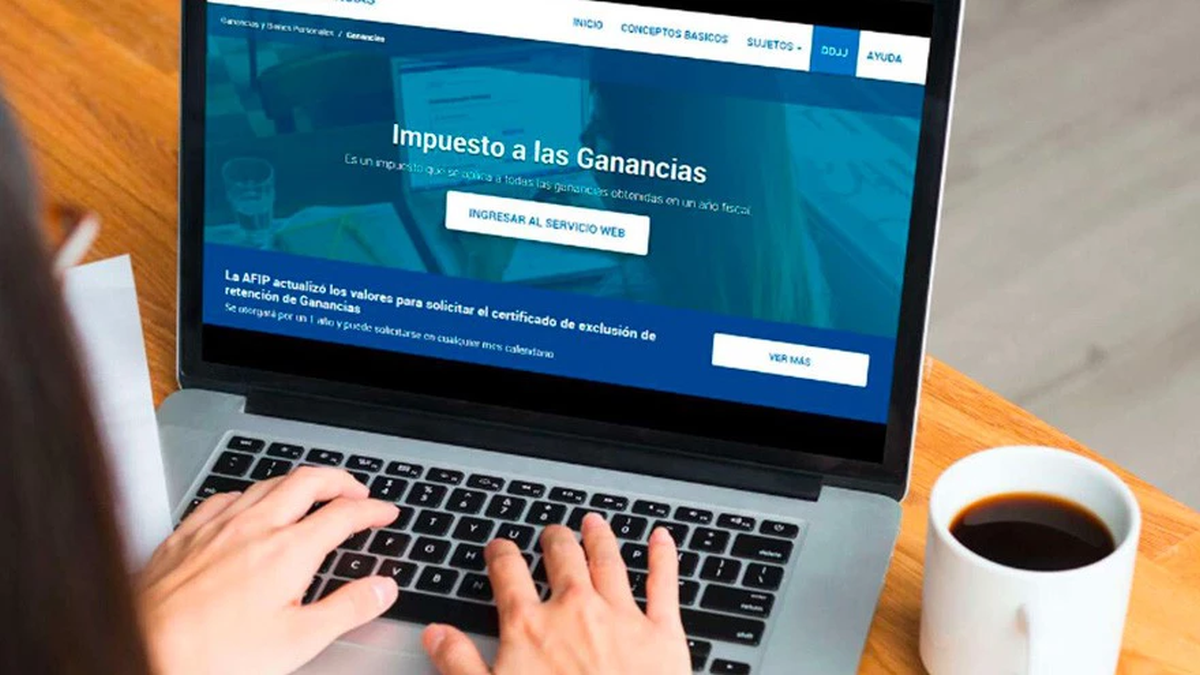Key points of the RBPF
It is a centralized registry that contains information about the persons who ultimately control companies and other legal entities.
- Who must register with the RBPF?
Companies and other legal entities that are required to report their ultimate beneficiaries, according to current regulations.
- How do I access the RBPF? There are two ways to access the RBPF:
Organisms:Public bodies such as the Public Prosecutor’s Office, the Judiciary and the Financial Intelligence Unit (UIF) may access the RBPF for the purposes of investigation and/or prevention and/or repression of crimes.
Contributors: Companies and other legal entities can access their own information in the RBPF, as well as the information of their ultimate beneficiaries.
- When does the RBPF come into effect?
The RBPF enters into force on the day of its publication in the Official Gazette. Services to access the RBPF will be available 20 business days after the General Resolution comes into force.
The detail of the rule according to AFIP
The resolution is provided for in Law No. 27,739, which modifies the National System for the Prevention of Money Laundering, Financing of Terrorism and the Proliferation of Weapons of Mass Destruction in the Argentine Republic, and designates AFIP as the central authority to collect and maintain updated information on persons who have direct or indirect participation in commercial entities and other legal structures.
In this way, AFIP will have a centralized registry of the final beneficiaries. These are those who have at least 10% participation, voting rights or direct or indirect control over a company or legal entity.
notice_310787.pdf
This initiative will allow public entities such as the Central Bank, the National Securities Commission (CNV), the Financial Information Unit (UIF) and the Public Prosecutor’s Office, among others, to access relevant information for investigations related to crimes such as money laundering.
This initiative will allow public entities such as the Central Bank of the Argentine Republic (BCRA), the National Securities Commission (CNV), the Financial Information Unit (UIF) and the Public Prosecutor’s Office, among others, to access relevant information for investigations related to crimes such as money laundering.
This measure, in line with international standards, represents a significant step towards fiscal transparency and the eradication of illicit financial practices, in line with the recommendations of global organizations.
Source: Ambito




